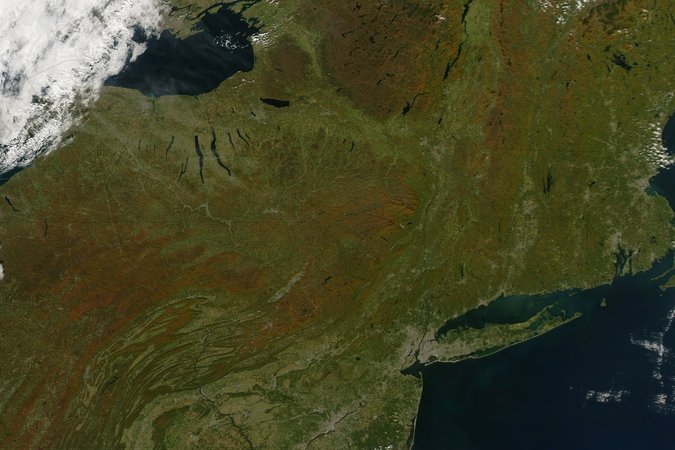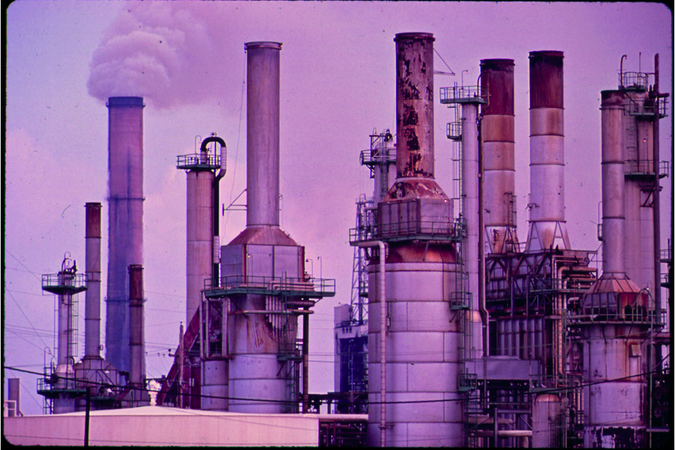A Durable Carbon Price Could Aid Economic Recovery by Reducing Uncertainty
Uncertainty about future climate policy is likely hindering economic growth—new modeling finds that a modest carbon price could increase investment and bolster economic growth while reducing emissions.
In a new report, a team at Resources for the Future (RFF) finds that uncertainty about the strength and durability of climate policy is likely hindering business investments. The team concludes that a carbon price, even one set at a modest level, would be a useful tool to spur investment, bolster economic growth, and help meet the United States’ climate goals.
Building on previous research, the team shows that adopting a carbon price during an economic recession does not harm economic recovery. The team also created a simple model to explore how resolving policy uncertainty by adopting a carbon price influences investment in green and fossil assets. Combined, the two analyses support the notion that resolving climate policy uncertainty can be a stimulant for economic growth.
“Businesses want to know the rules of the road,” coauthor and RFF Senior Fellow Karen Palmer said. “Failure to enact policies to address growing scientific concerns about climate change prolongs uncertainty about what those rules will be. A durable carbon price is one of the clearest indicators we have of policy expectations and the value of new investments in clean technologies.”
Key Findings:
- Uncertainty about the strength and durability of climate policy, which is exacerbated by the lack of carbon pricing, is likely hindering investment at a time when it is especially pressing to enable economic recovery and foster future growth.
- Past research suggests that carbon pricing does not harm economic recovery, and may stimulate the economy due to its role in resolving climate policy uncertainty.
- Inaction on climate policy could impart economic costs by perpetrating uncertainty that stifles investment.
- Durable carbon prices—even modest ones—can have outsized influence on long-run investments and emissions by shaping expectations about future policies.
Policy durability does not mean policy inflexibility. Policies such as cap-and-trade programs that create a price on carbon are durable in part because they adapt in response to new information about low-cost ways to reduce emissions.
“The introduction of a policy is not the only concern,” Palmer said. “What also matters is whether businesses have faith in the policy’s ability to persist and then alter their actions accordingly. Policy durability typically isn’t considered when assessing climate-related proposals like carbon prices—but our work shows that it’s an incredibly important feature.”
To learn more, read the report, Waiting for Clarity: How a Price on Carbon Can Inspire Investment by Fellow Brian C. Prest, Senior Fellow Dallas Burtraw, and Senior Fellow Karen Palmer.
Resources for the Future (RFF) is an independent, nonprofit research institution in Washington, DC. Its mission is to improve environmental, energy, and natural resource decisions through impartial economic research and policy engagement. RFF is committed to being the most widely trusted source of research insights and policy solutions leading to a healthy environment and a thriving economy.
Unless otherwise stated, the views expressed here are those of the individual authors and may differ from those of other RFF experts, its officers, or its directors. RFF does not take positions on specific legislative proposals.
For more information, please see our media resources page or contact Media Relations and Communications Manager Annie Tastet.






